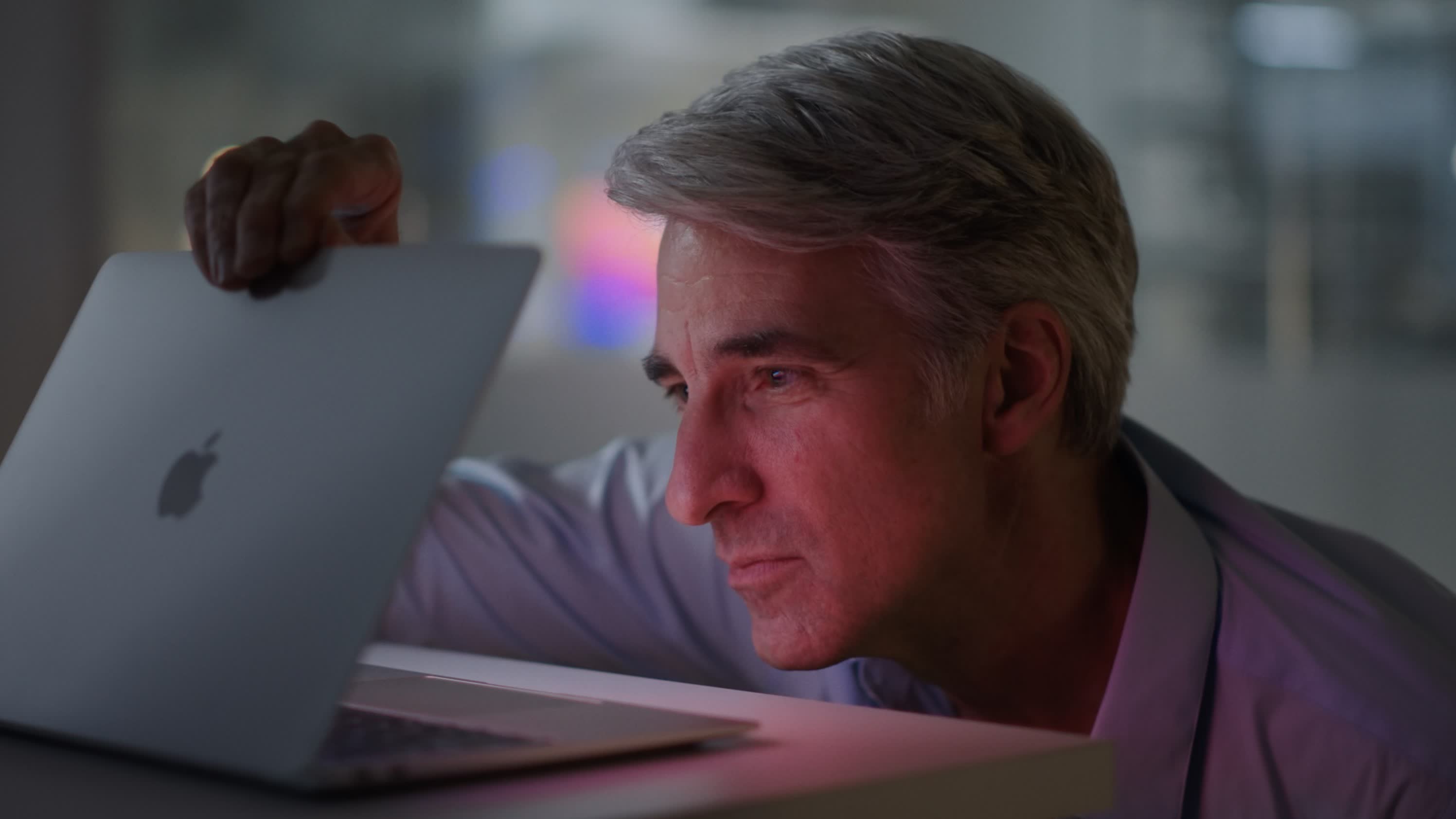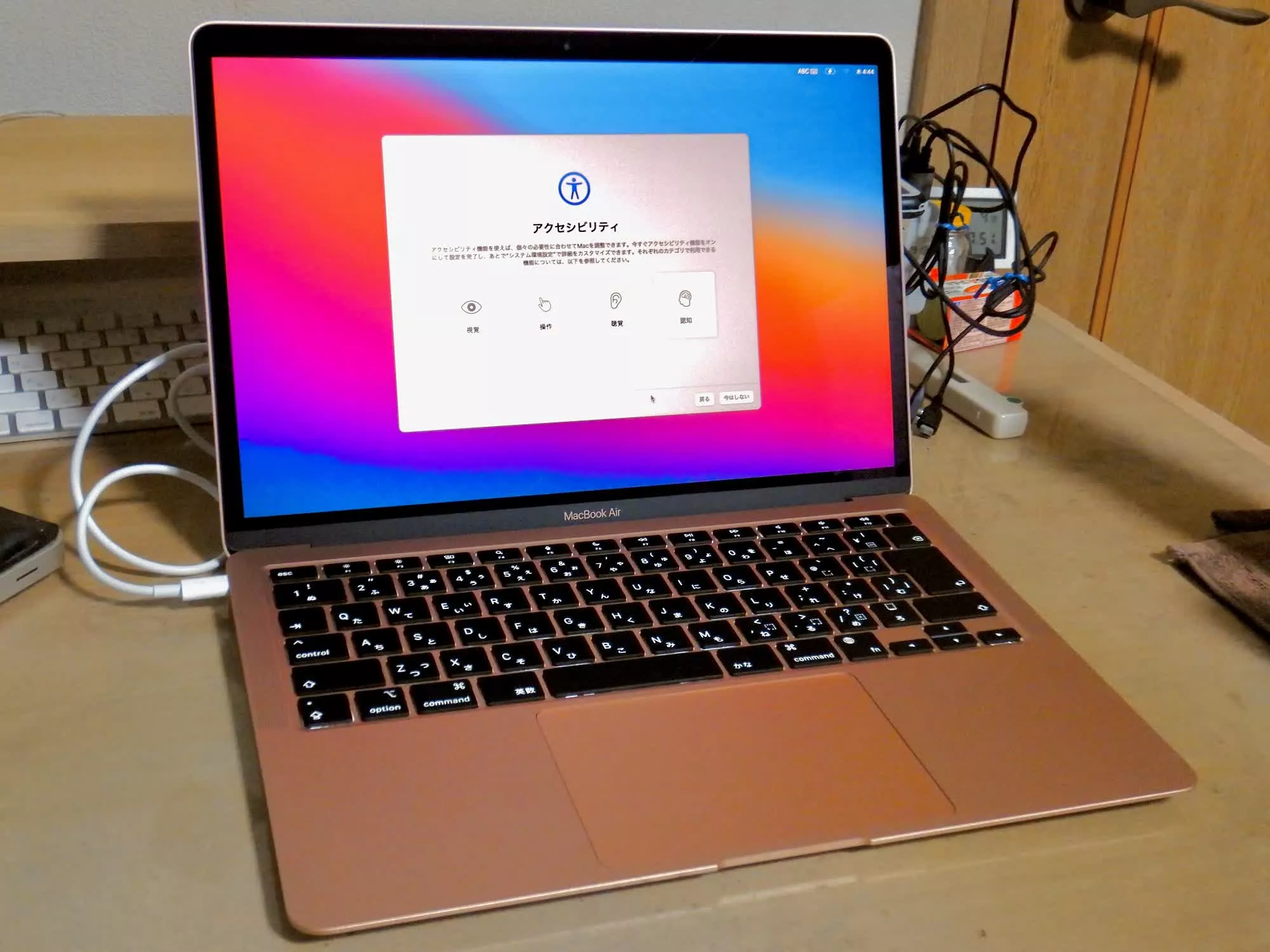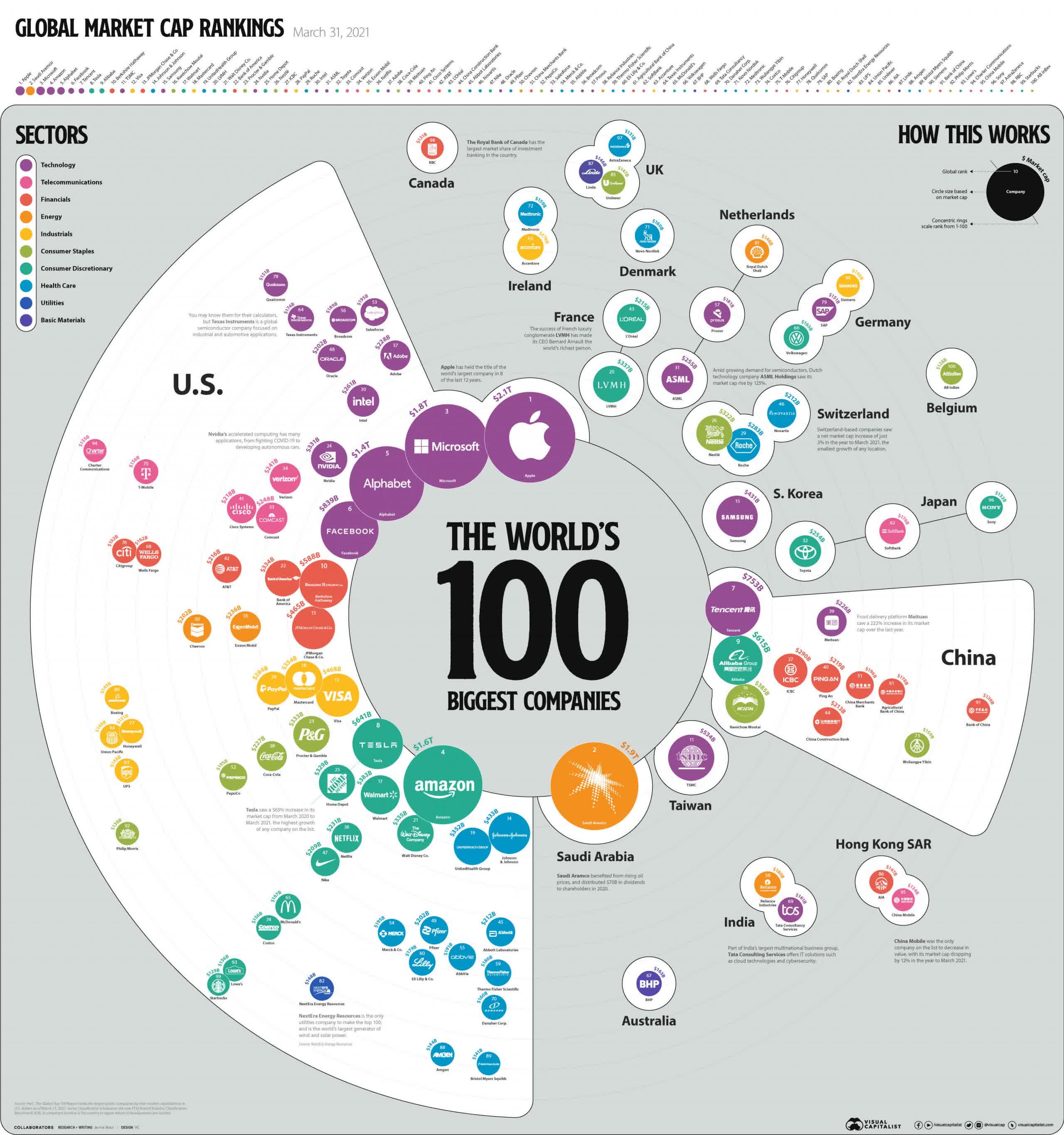In brief: Apple's latest M1-powered MacBook Air and 13-inch MacBook Pro laptops have been subject to a deluge of praise from reviewers and consumers alike, but it seems some units are not without their problems. A law firm is looking into claims from several owners who reported unexplained cracks in their notebooks' screens, suggesting a class-action suit could soon arrive.
Washington, DC-based Migliaccio & Rathod LLP, which investigated the Surface Pro 4's screen flickering issues three years ago, is now repeating its actions from that case by asking M1 MacBook Pro and MacBook Air owners to fill in a questionnaire. The lawyers never went through with their class action against Microsoft after the Windows maker announced a replacement program.
The move follows reports from several users that claim they opened their MacBooks and discovered cracks on the screens that couldn't be explained. This Redditor says the LCD on their 13-inch M1 MacBook cracked inexplicably just a week after purchasing it.

"Many users allege that they have opened their devices from the closed position without applying any undue pressure," said the law firm, "only to find dramatic cracks in the retina display, often accompanied by black bars running across the screen. Others report that the crack followed a simple adjustment of the screen's viewing angle."
"In none of these cases would a reasonable consumer expect such activity to damage their device, let alone cause a screen crack that impairs its functionality. Unfortunately, Apple's customer service has not been receptive to these grievances."
The company says that users were left with little choice but to spend upwards of $600 on screen repairs and with no guarantee that the damage won't occur again in the future.
Apple, of course, is no stranger to class-action lawsuits. One of the largest it faced was over the iPhone throttling case for which it handed over $500 million. It's also dealt with class actions over faulty Apple Watch screens, the App Store, and several relating to the butterfly keyboards, to name a few. But with a market cap of $2.55 trillion, the world's biggest company has little to worry about in these cases.

